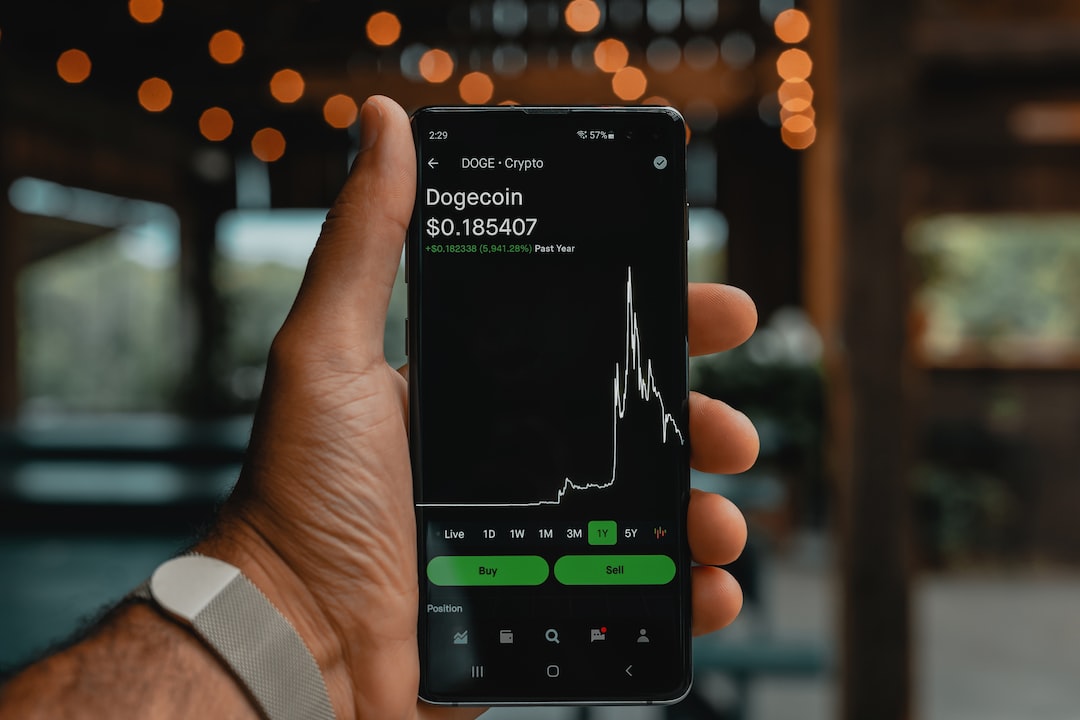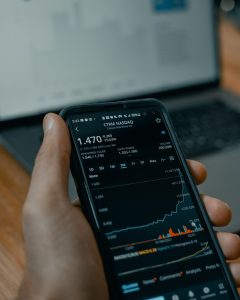Prop forex trading, also known as proprietary trading or prop trading, is a type of trading where financial institutions or firms use their own capital to trade in the currency markets. Prop trading is different from traditional trading because it doesn’t involve trading for clients or customers. Instead, the traders use the company’s capital to make trades and profit from price fluctuations in the market.
Prop trading firms are usually made up of experienced traders who have a deep understanding of the financial markets. These traders are responsible for making decisions regarding the trades they make and are typically compensated based on their performance. In prop trading, the goal is to make a profit for the firm, and traders are incentivized to take risks and generate high returns.
Prop trading firms use a variety of strategies and tools to make trades. Some of the most common strategies include trend following, mean reversion, and statistical arbitrage. Trend following involves following the direction of the market and making trades based on the momentum of a particular currency pair. Mean reversion involves identifying when a currency pair is overbought or oversold and making trades based on the expectation that the price will eventually revert to its mean. Statistical arbitrage involves finding mispricings in the market and making trades to take advantage of these opportunities.
One of the benefits of prop trading is that it allows firms to generate profits from their own capital without having to rely on commissions or fees from clients. This can be especially beneficial during times of low market volatility or when trading volumes are low. Additionally, because prop trading firms are trading their own capital, they have more flexibility in terms of the types of trades they can make and the risks they can take.
However, prop trading can also be risky. Traders are incentivized to take on more risk in order to generate higher returns, and this can lead to significant losses if a trade goes against them. Additionally, because prop trading firms are not regulated in the same way as traditional financial institutions, there is less oversight and accountability for their actions.
Prop trading firms also face competition from other firms and individuals who are also trading in the market. This can lead to increased volatility and unpredictability in the market, making it more difficult for prop traders to make profitable trades.
In order to be successful in prop trading, traders need to have a deep understanding of the financial markets and the strategies and tools used to make trades. They also need to be able to manage risk effectively and make quick decisions based on changing market conditions.
Overall, prop forex trading is a type of trading where financial institutions or firms use their own capital to trade in the currency markets. Prop trading firms use a variety of strategies and tools to make trades, and traders are typically compensated based on their performance. While prop trading can be profitable, it is also risky and requires a deep understanding of the financial markets and the ability to manage risk effectively.






